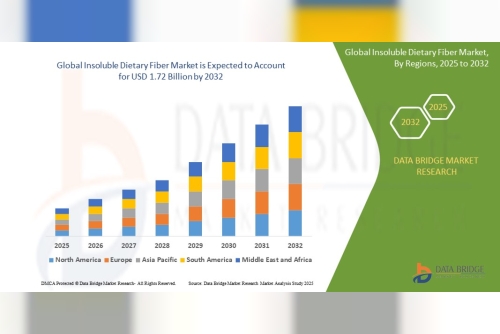Health insurance is a topic that is often debated when it comes to personal finance. Some people view health insurance as an expense, while others consider it an investment. The reality is that health insurance can be both an expense and an investment, depending on how you look at it.
To understand whether health insurance is an expense or an investment, we need to first define what each term means. An expense is any cost that you incur in order to maintain your current standard of living. It is a necessary expense that you cannot do without. On the other hand, an investment is any expenditure that you make with the hope of earning a return in the future.
So, is health insurance an expense or an investment? Let's take a closer look.
Health insurance as an expense
From a purely financial standpoint, health insurance can be viewed as an expense. You pay a premium every month to maintain your coverage, and this expense can add up over time. For some people, the cost of health insurance can be a significant portion of their monthly budget, making it a necessary expense that they cannot do without.
However, health insurance is not just any expense. It is an expense that can help you avoid or mitigate much larger expenses. If you were to get seriously ill or injured and did not have health insurance, the cost of your medical care could be astronomical. In fact, medical bills are one of the leading causes of bankruptcy in the United States. So, while health insurance may be an expense, it is an expense that can help you avoid much larger expenses in the long run.
Health insurance as an investment
Health insurance can also be viewed as an investment in your long-term health and financial well-being. By paying for health insurance, you are investing in the peace of mind that comes from knowing you have coverage in case you get sick or injured. This peace of mind can help you avoid stress and anxiety, which can have a negative impact on your overall health.
Additionally, health insurance can be viewed as an investment in your future financial stability. By having health insurance, you are protecting yourself and your family from the financial burden of high medical bills. This can help you avoid going into debt, which can have a long-term impact on your financial health.
Furthermore, health insurance can provide access to preventive care services that can help you avoid future health problems. Preventive care services, such as regular check-ups and screenings, can help you identify health issues early, when they are easier and less expensive to treat. By investing in these services, you can help prevent more serious health problems down the line.
Conclusion
In conclusion, health insurance can be both an expense and an investment, depending on how you look at it. While health insurance does come with a cost, it can provide valuable protection against much larger expenses in the long run. Additionally, health insurance can be viewed as an investment in your long-term health and financial well-being. By having coverage, you can protect yourself and your family from financial ruin, as well as access preventive care services that can help you maintain good health. Ultimately, whether health insurance is an expense or an investment is up to you to decide, based on your individual circumstances and priorities.
VISIT US FOR MORE INFO : https://www.vvhix.com












 Your Legacy, Your Plan: Why You Need an Estate Planning Attorney in Great Neck
Your Legacy, Your Plan: Why You Need an Estate Planning Attorney in Great Neck